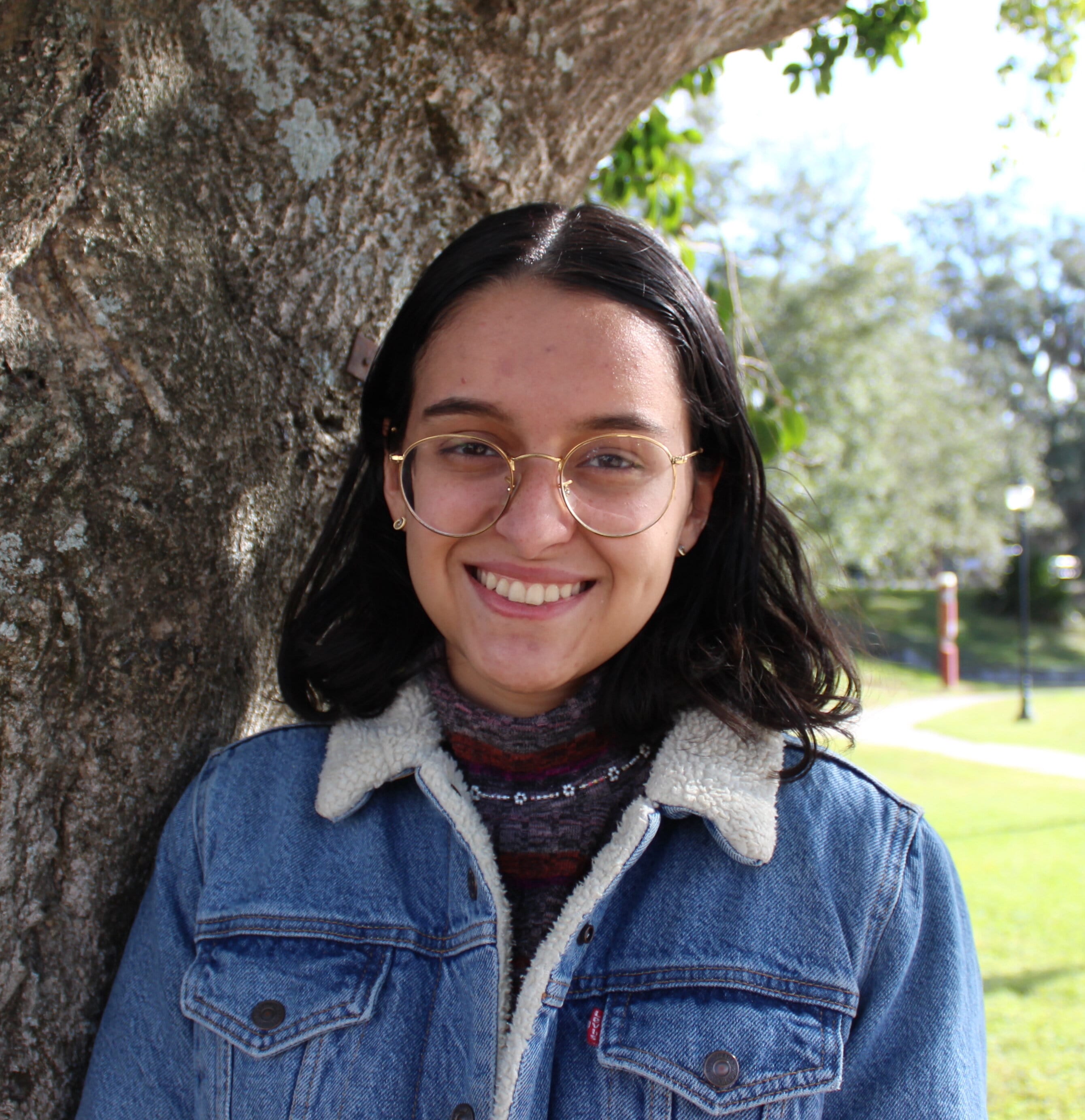Research Symposium
22nd annual Undergraduate Research Symposium
Camila Aponte Poster Session 4: 12:30-1:15/Poster #43

BIO
Camila is a Venezuelan student who lives in Fort Lauderdale, Florida. She is an avid pianist since the age of nine, and also enjoys painting, drawing, and reading contemporary novels. Her research interests are related to public policy and international affairs policy. She intends to pursue political journalism in her future, hoping to work for well-respected newspaper companies.
Assessing Public Participation in Redevelopment Projects: A Case Study of Tallahassee, Florida
Authors: Camila Aponte, Dr. Crystal TaylorStudent Major: Political Science
Mentor: Dr. Crystal Taylor
Mentor's Department: Devoe L. Moore Center, Mentor's College: College of Social Science & Public Policy Co-Presenters:
Abstract
Public participation in redevelopment projects is a vital tool to address the community’s concerns for any potential adverse effects on a neighborhood. The city of Tallahassee, Florida is home to a rich history of African-American neighborhoods that have endured constant redevelopment pressures over the decades. The use of eminent domain, or the acquisition of private property for public use, has been at the center of the redevelopment discourse. As top-down processes have often been favored over bottom-up participatory approaches, this study investigates the social impact and the degree of public participation employed during the planning and construction of the Capital Cascades Trail Project. This research uses social impact and participatory tools to analyze public meetings, notes, public records, and project plans to determine the degree of community involvement in the process. Preliminary results may indicate low levels of public involvement according to Arnstein’s ladder of citizen participation. This ladder assesses the degree of public involvement and empowerment in various government projects. As a result of these preliminary findings, this study suggests the following policy recommendations. As community involvement increases, neighborhoods benefit from more equitable outcomes. Future projects should require that city planners use social impact assessments to address social justice concerns. Funding should be designated to train city planners in cultural competency and allocate resources to empower citizens to be actively engaged in community projects.
Keywords: Public Policy, Redevelopment, Tallahassee

